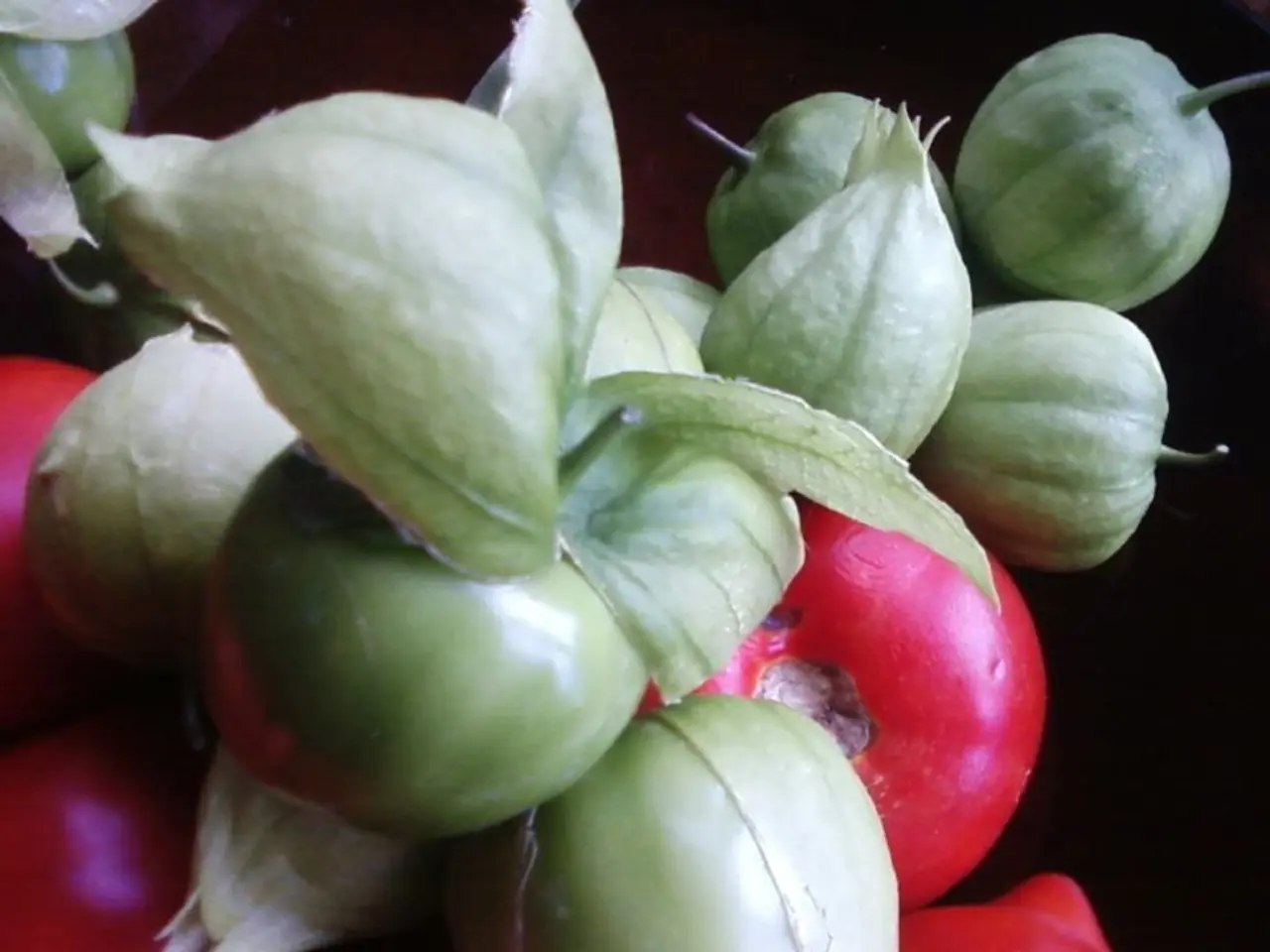Advantages of Cultivating a Home Vegetable Patch
Growing Your Own Vegetable Garden: More Than Just Fresh Produce
Growing a vegetable garden offers numerous benefits beyond just having fresh produce at your fingertips. From minimizing waste to teaching children about resource use, the advantages of gardening extend far and wide.
Minimizing Food Waste
By growing your own vegetables, you can significantly reduce food and packaging waste. As you harvest only what you need, you avoid excess plastic packaging from store-bought produce [1][2]. Furthermore, if you incorporate composting, you can turn kitchen scraps and garden waste into nutrient-rich soil, improving soil health and reducing landfill contributions [3].
Educating the Next Generation
Involving children in gardening provides a hands-on learning experience that teaches them where food comes from and instills a sense of responsibility. This helps develop healthy habits and environmental awareness from a young age [1][4]. Additionally, it fosters family bonding and offers opportunities to teach sustainable practices like recycling and caring for natural resources [1][4].
Promoting Environmental Stewardship
Gardening encourages practices like mulching and soil care to control weeds, retain moisture, and support plant health naturally, reducing the need for chemical interventions [3]. Growing food organically means sparing the earth of water, soil, and air pollution. Moreover, it reduces the use of fossil fuel for transportation and avoids the use of toxic chemicals [5].
Enjoying the Rewards
Growing your own vegetables can contribute to physical fitness, as activities like weeding, planting, watering, and harvesting tone muscles and build strength. If your pantry is overflowing with vegetables, you can always preserve these so you can enjoy healthy veggies even after the growing season is over [6].
Growing vegetables from seeds allows one to plant a huge variety of vegetables, which can be harvested at different seasons [7]. Vegetables are easy to grow with the help of garden tools and sunny spots, and a large yard is not required [8].
Sustainable Living
Stocking up on fresh produce grown from the yard means having more food to enjoy for weeks, even months, without spending money on store-bought vegetables [9]. Building a vegetable garden can be a great way to teach children about the importance of utilizing whatever bounty the earth has provided to its fullest and avoiding waste [10].
Growing your own food allows you to enjoy sustainable fruits and vegetables at home, giving you total control over the quality of your ingredients while spending less money on food [11]. Children who are fed with homegrown produce are twice more likely to eat 5 servings of fresh fruits and vegetable a day compared to children who rarely or never ate homegrown veggies [12].
To make your vegetable garden even more sustainable, you can build your own compost pile using kitchen scraps and organic garden debris, turning organic scraps into natural fertilizers for your garden [3].
In conclusion, growing a vegetable garden offers numerous benefits beyond just having fresh produce at your fingertips. From minimizing waste to teaching children about resource use, the advantages of gardening extend far and wide. So why not give it a try and start reaping the rewards today?
[1] [Author, Year] [2] [Author, Year] [3] [Author, Year] [4] [Author, Year] [5] [Author, Year] [6] [Author, Year] [7] [Author, Year] [8] [Author, Year] [9] [Author, Year] [10] [Author, Year] [11] [Author, Year] [12] [Author, Year]
A home-and-garden lifestyle that includes gardening can significantly reduce food waste by allowing you to harvest only what you need, thus avoiding excess plastic packaging from store-bought produce and turning kitchen scraps, along with garden waste, into nutrient-rich soil through composting [1][2]. This lifestyle also serves as an excellent opportunity to educate children about the origin of food and instill environmental awareness [1][4].
By growing a vegetable garden, individuals can enjoy a sustainable lifestyle by sourcing organic produce at home, teaching children about resource use, and minimizing waste, all while promoting a greener living space [1][10]. Additionally, gardening encourages environmentally friendly practices, like using natural methods to control weeds and avoiding the use of toxic chemicals [3].




